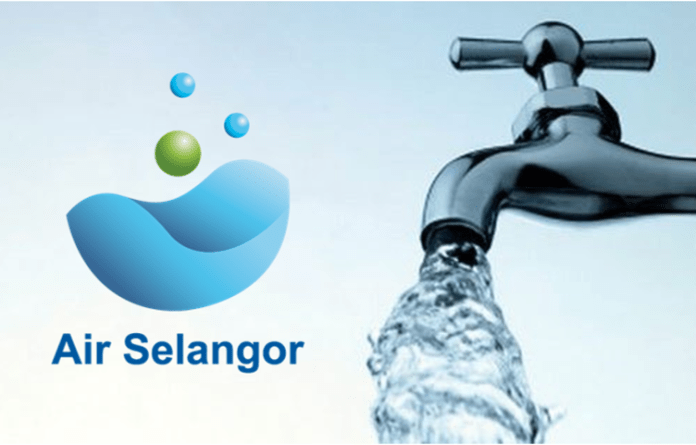The proposed rise in water tariffs from 1 February 2024, announced by the National Water Services Commission (SPAN) last week, is welcome news for the water sector and signals a more serious intent for regular tariff reviews in the future as part of the long-awaited tariff reform. The tariff hike will result in an average increase of 22 sen per cubic metre of treated water supplied to domestic users across all water operators affected. In the case of Selangor, the last tariff revision for domestic consumers was back in 2006.
Consequently, Pengurusan Air Selangor Sdn Bhd (Air Selangor or the Company – debt programme rated AAA/Stable/P1 by RAM), Malaysia’s largest water operator, is expected to see its revenue grow to RM2.7 bil in FY Dec 2024 (FY Dec 2022: RM2.3 bil revenue). The larger cash inflow will support Air Selangor’s ongoing efforts to double replacement of aged and damaged pipes, reduce non-revenue water (2022 achievement: 27.8%; 2025 target: 27.5%; 2030 target: 25.0%) and fund the Rasau water treatment plant (WTP), among other things.
It will still be some time, however, before Air Selangor can break even. RAM said its last review indicated that the Company would turn profitable only from 2032 onwards. Its top line has historically been insufficient to outweigh hefty depreciation, leasing and financing costs (2022: RM1.1 bil net loss incurred). As such, Air Selangor’s gearing levels are anticipated to remain elevated for the foreseeable future (end-March 2023 adjusted gearing: 3.0 times).
While the increase in revenue from the tariff hike will still be inadequate for Air Selangor to cover the cost of providing water, more frequent tariff reviews will pave the way for operators to gradually achieve full cost recovery.
SPAN has iterated firm action may be taken, including the revocation of licenses, if the higher tariff fails to translate to enhanced service levels for the public. We see this as an important message by the regulator to ensure water service providers are meeting key performance indicators and making continuous improvements to water infrastructure. This also further underscores the government’s desire to reflect the true cost of providing water, and over the longer term, reduce water subsidies.









